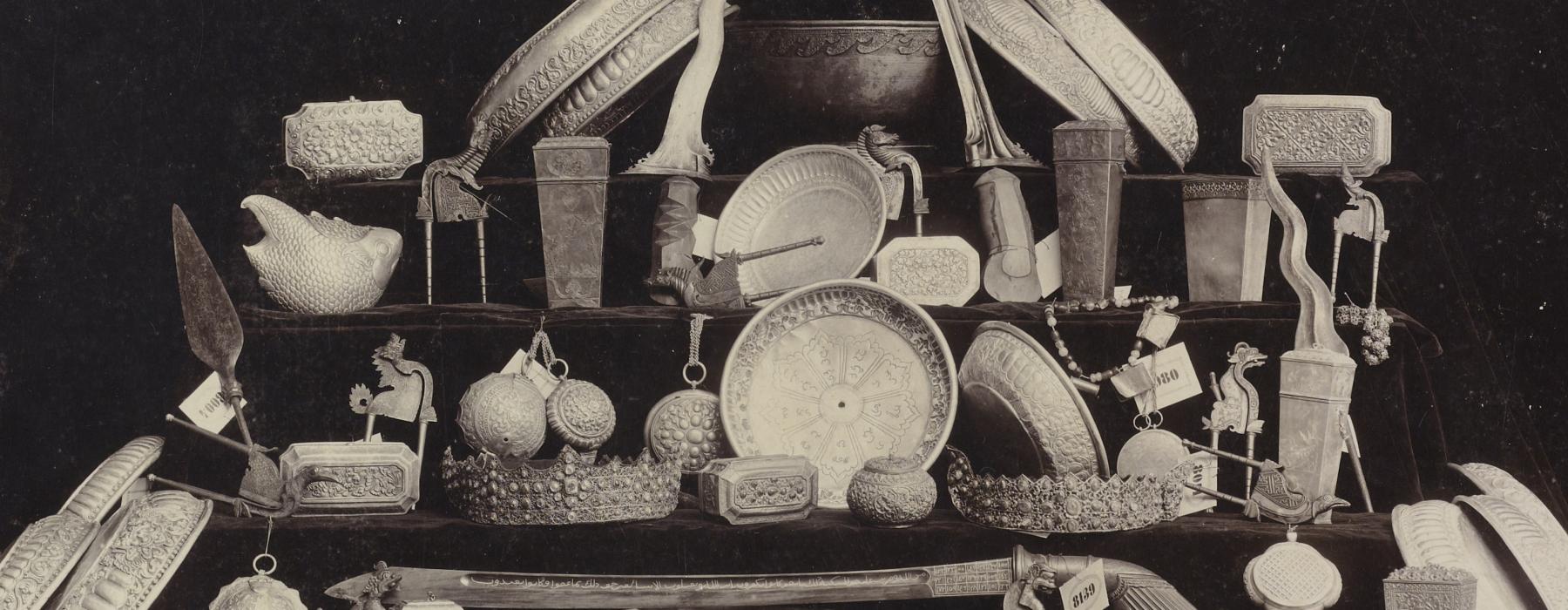
Museum collections comprise a bewildering variety of objects acquired during the long period of European ‘colonialism’: those bought or gifted; looted; acquired legally but under conditions of coercion, duress or possible subterfuge; with unknowable provenance; on indefinite loan; donated by private collectors; and so on. Museums therefore require an equally complex framework for reckoning with the complexity of relations that effectively assembled these collections, as well as the radical contingency of colonial afterlives that persist in contemporary legal limitations and possibilities, and the desires and situations of contemporary stakeholders.
To better understand these collections and the historical relations out of which they emerged, several museums have started to develop rigorous and systematic provenance research programs and ethical guidelines for initiating dialogues for the return of certain objects. This work has also coincided with the publication of several new studies that call for a more bold address of the colonial past in the collecting practices of the museums.
While such programs mark out positive and productive new directions, they can only contend with a limited number of objects, namely those that can be assigned a firm provenance. But it is those objects that lack clear provenance that often present the biggest difficulties. How then do we develop an ethics that also encompasses those objects that exceed our current instruments (law) and categories (provenance)? What ethics can contend with objects that were legally acquired (at the time) but under morally dubious circumstances? Similarly, what historical conditions might demand an ethics of return or equivalent beyond the legal? Can we rethink certain categories themselves? For instance, how might we rethink provenance beyond the singular anchors of ownership and origin? How might we think ideas of sharing and responsibility with an explicit attention to both historical and current inequities in power and resources?